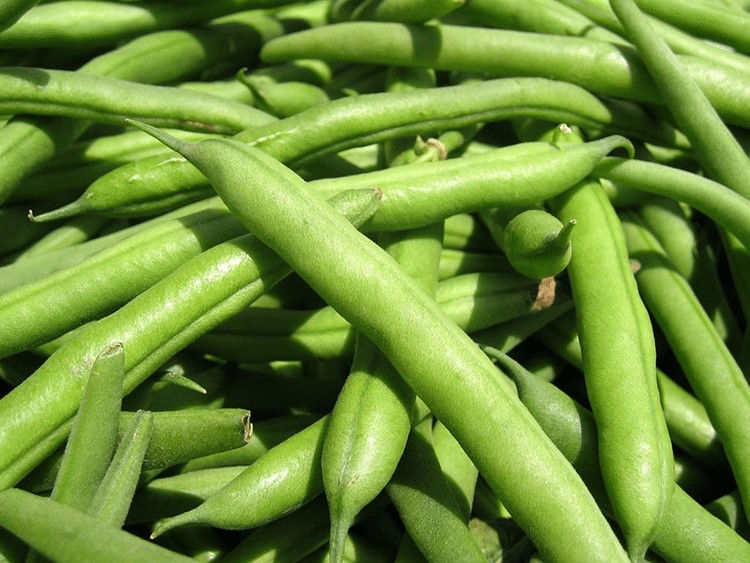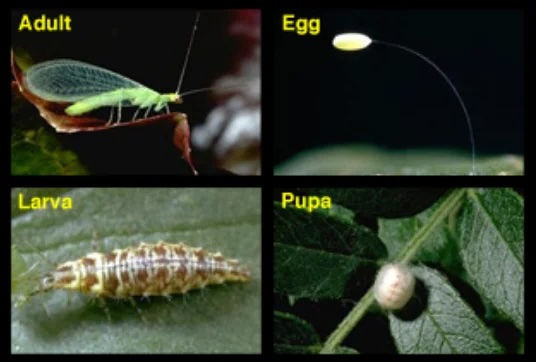Fresh from Wellspring Charitable Gardens - June 12, 2025
- Cindi J. Martin

- Jun 12
- 4 min read

Fresh Today… Yellow Fingerling Potatoes, Green Beans, Summer Squash, Cucumbers, Lettuce, Beets, Carrots, Onions, Parsley, Dill, Basil, Cotton Candy Apricots & Cherries
Using your Produce… by Julie Moreno
As our summer produce starts to roll out, this week we have potatoes, green beans, summer squash and cucumbers. Soon there will be tomatoes and peppers. These veggies seem to cook themselves with just a quick sauté or for the cucumbers a sprinkle of salt and lemon. I included a recipe for the green beans today. By blanching the beans in boiling water first it keeps them bright green and crisp. Season the beans with our basil, lemon and Parmesan when serving.
Green Beans with Garlic and Basil
1-pound fresh green beans,
ends removed
2 tablespoons olive oil
2–3 cloves garlic, thinly sliced
or minced
1/2 tsp salt
Freshly ground black pepper
1/4 cup fresh basil leaves,
chopped or torn
Squeeze of lemon juice or grated
Parmesan to finish
* Bring a large pot of salted water to a boil. Add green beans and cook for 2–3 minutes until bright green and just tender. Drain and immediately plunge into a bowl of ice water to stop cooking. Drain again and pat dry. Heat olive oil in a large skillet over medium heat. Add garlic and sauté for 30 seconds to 1 minute, just until fragrant (don’t let it burn). Add green beans, salt, and pepper. Toss and sauté for 3–5 minutes until beans are warmed through and lightly blistered in spots. Turn off the heat, stir in fresh basil, and toss until wilted and fragrant. Add a squeeze of fresh lemon juice or sprinkle with grated Parmesan before serving.

Thank You, 𝝮N!
Phi Gamma Chapter Omega Nu Grant Purchase
We are chillin’ with our veggies! We have just installed a new True Refrigeration commercial refrigerator in the garden shed. We now have ample space to keep your abundant vegetables crisp and cool while they await delivery or pick up. The True fridge will also keep the chill on WCG staff tempers. We no longer need to force too many vegetables into too few refrigerated spaces. I know you probably thought our vegetables grew naturally into those strange shapes, but those oddities were created by making them contortionists. “Right, Carrots?” We should no longer hear shouts of “Stay in your row, Bro…ccoli!” - at least in the garden shed.

Fingerling Potatoes…
Fingerling potatoes are a waxy potato, which describes the texture of the flesh. This gives them a dense, moist, creamy interior that holds its shape well during cooking. These potatoes rarely fall apart and always taste great. Try them in this recipe boiled and tossed with butter and our parsley.
Parsley Potatoes
1 1/2 to 2 pounds small potatoes
1 teaspoon salt, plus more to taste
3 tablespoons butter cut into slices
1/4 cup chopped fresh Italian parsley
freshly ground black pepper
* Add the potatoes to a medium saucepan and cover with cold water by 2 inches. Bring to a boil and add 1 teaspoon of salt. Reduce to a rolling simmer and cook until the potatoes are fork tender and the skin is beginning to fall away from the potatoes, about 20 minutes. Drain the water from the pan. Quickly add the potatoes back to the saucepan with the butter and parsley, and season with salt and freshly ground black pepper. Give the potatoes a vigorous stir with a wooden spoon or shake with the lid on so the potatoes break up a bit. Let sit for 5-10 minutes and serve.

Metaphors of Soil and Soul…
Bug Life
Ronda May Melendez & Keith F Martin
The cruciferous vegetable season has drawn to a close, and the broccoli, cauliflower, and cabbages are now flowering and drawing insects. Yes, BUGS! Memory reflexively recalls the bad bugs first – harmful pests (aphids) that infest a plant’s leaves and destroy those solar arrays that transform light into energy, food, and life. We only later remember there are good bugs – pollinators (bees) and predators (praying mantis) that snack on bad bugs. Beneficial bugs help propagate plants or patrol the garden’s grounds. So, not all bugs are created equal, or a bug is a bug, but not necessarily a bug! Some promote health; others destroy it. Correctly identifying good and bad bugs and understanding what makes them thrive is vitally important to the health and harvest of the garden.
Flowering purple broccoli and fragrant cilantro draw good bugs, such as lacewings, which prey on aphids and mites that leave behind toxic wastes (“bug-do”) that dry out and curl plant leaves. The lacewing’s snacking habits are a beautiful thing, and we are grateful for them. There are, however, nasty bugs that gardeners draw through poor agrarian practices. Not long ago I was harvesting cucumbers and at the same time removing damaged leaves from the plants. I first gathered the desirable crop and then stripped away any undesirable leaves and cast them to the ground between the rows. Master gardener Heidi quietly observed my pride in my efficiency – picking and plucking concurrently - and then casually mentioned that the discarded leaves would draw destructive interlopers to our crops. My thoughtless “efficiency” was leaving slugs and snails tasty trails across barren furrows to the next ridge hosting a delicious garden buffet! Though chagrined by my ignorance, I am grateful for her lesson.
Thoughts related to bug life have been crawling through my mind all week. How often do we recall something that “bugs” and reflexively deem it “bad” instead of becoming curious about its nature and our behaviors that draw it to us? Are the “bugs” pollinators, predators, or polluters? How might we best manage “bugs” that promote our mental, emotional, and relational landscapes and restrain those that don’t? Recognition and understanding - getting to know our “bugs” – go a long way to support our well-being and ensure our thriving.
For though by this time you ought to be teachers, you have need again for someone to teach you the elementary principles of the oracles of God, and you have come to need milk and not solid food. For everyone who partakes only of milk is not accustomed to the word of righteousness, for he is an infant. But solid food is for the mature who because of practice have their senses trained to discern good and evil.” Hebrews 5:14




Comments